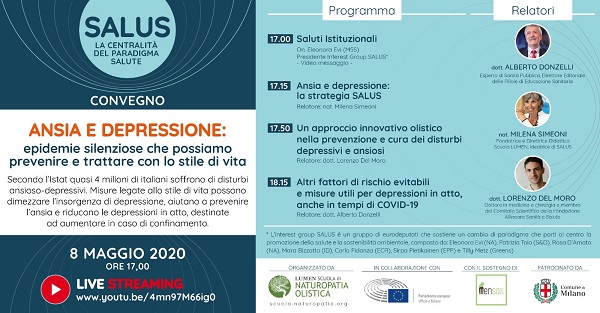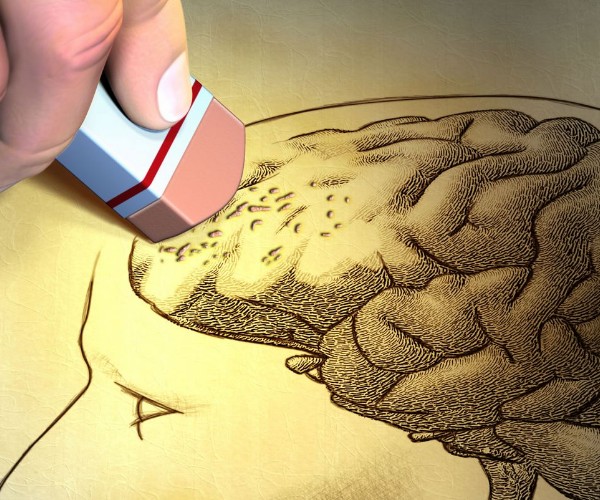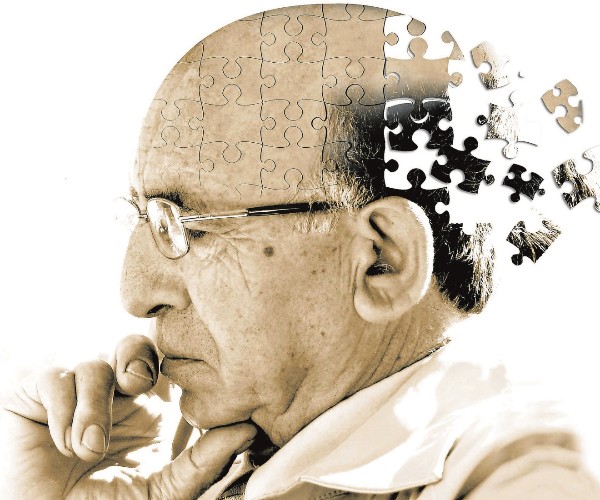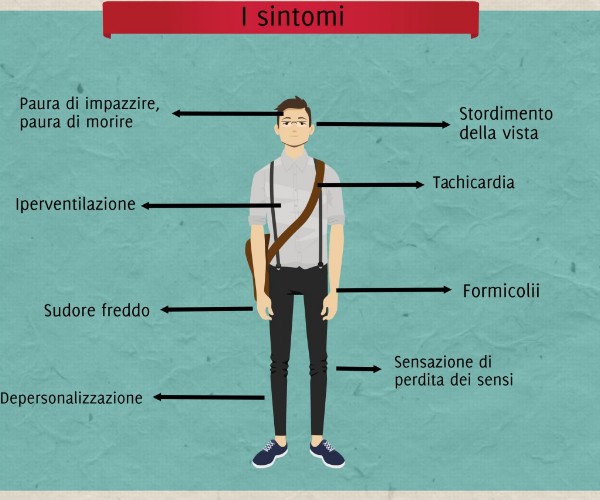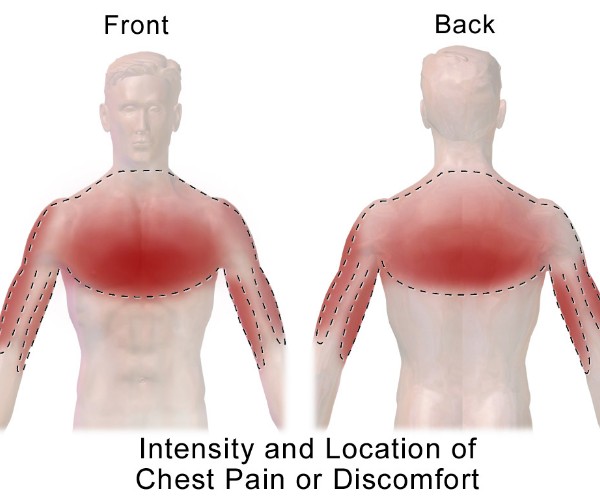The learning of emotional skills requires a different methodology, since it assumes adequate knowledge of one’s emotional world and the development of interpersonal skills. The role of emotions is very important because the evaluation of any situation is affected by the ability of individuals to know and manage their emotions. The latter support and strengthen cognitive processes: loss of emotional control can be a source of discomfort, suffering, error and can cause irreparable damage.
Human experience, when deprived of emotions, loses interest and motivation. The mind possesses an emotional emergency system that enables immediate responses to safeguard people’s integrity. It is necessary for physicians to learn about and manage the emotional aspects of their own minds. In addition, in the medical field the methodology of Balint groups, in which a group of practitioners meet periodically under the guidance of an expert to discuss the emotional experiences of the relationship with the patient, is widely followed. At each meeting, each participant has the opportunity to present a clinical case that aroused particular emotions in him or her. These meetings provide a formative moment as well as being protective against conditions of professional demotivation.
Source: I don’t have time for… How it wears out care: health workers under stress by Ferdinando Pellegrino





